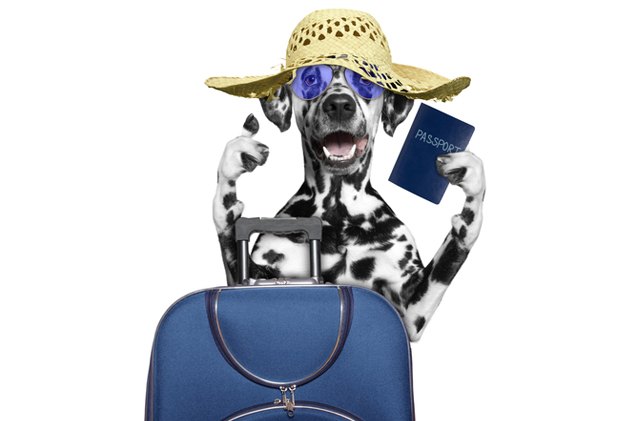Stricter Rules For Flying With Pets on the Horizon

Currently the rules regarding service animals on airplanes are somewhat fluid in their execution as there are no rules that govern Emotional Service Animals. The department revised its policy on service animals in 2003 to include emotional service animals, but at that time, there was no real definition of a service dog and there were no firm regulations or restrictions for emotional service animals.
The concern, according to Jenine Stanley, who is with the Guide Dog Foundation and serves on the Access Committee for the Department of Justice, is that once a person boards a plane with a ‘service animal,’ it is not necessarily easy to validate the necessity of the animal. Particularly when the service animal is not the standard service dog so many are used to seeing.
Related: Legal Limbo Of Emotional Support Animals Threatened By Frauds
A number of air travelers file complaints against some of the more unique ‘service animals,’ which have been known to include pigs, boa constrictors and even miniature horses (whaaaa???)–most of which are not used to air travel and don’t often know how to behave on a plane with other human travelers. Other concerns, which actually come from those who have highly skilled service dogs who act for their humans as seeing-eye dogs, for instance, are that these unique, out-of-the-norm service animals can cause distraction for the seeing-eye dogs.
And while the committee is looking to decide whether or not regulations should include specific species definitions, and if so, what they would be, there are other considerations to be made, specifically by mental health specialists themselves.
The University of Missouri recently conducted a study that looked at the complicated issues that surround defining a need for an emotional support animal. For instance, there are no set rules that necessarily determine someone needs an emotional support animal, but there are very specific rules that regulate who is eligible for a ‘service’ animal that provides support other than ’emotional.’
Related: Why Isn’t Service Dog Fraud Against The Law?
The study suggested that treating therapists not write letters certifying that someone needed an emotional support, but instead, a separate forensic evaluator/psychologist who would look solely at psychological issues addressed do so. This could eliminate the concern that therapists are simply stating ‘need’ because an an owner, their patient, just wants to be with their pet, rather than needing it for emotional function.
The study recommendations also spoke to the need for an emotional service animal based on ability/disability function with regard to emotional health. A psychological assessment should be done in order to determine whether an emotional service animal would benefit the person with the disability, and whether or not the animal could/would be considered appropriate treatment for the disability.
Various organizations are represented on the committee, including those from airlines, service dog alliances and mental health providers, and the committee hopes to have new rules out within the year for public comment and to be set within three years.

More by Lori Ennis























